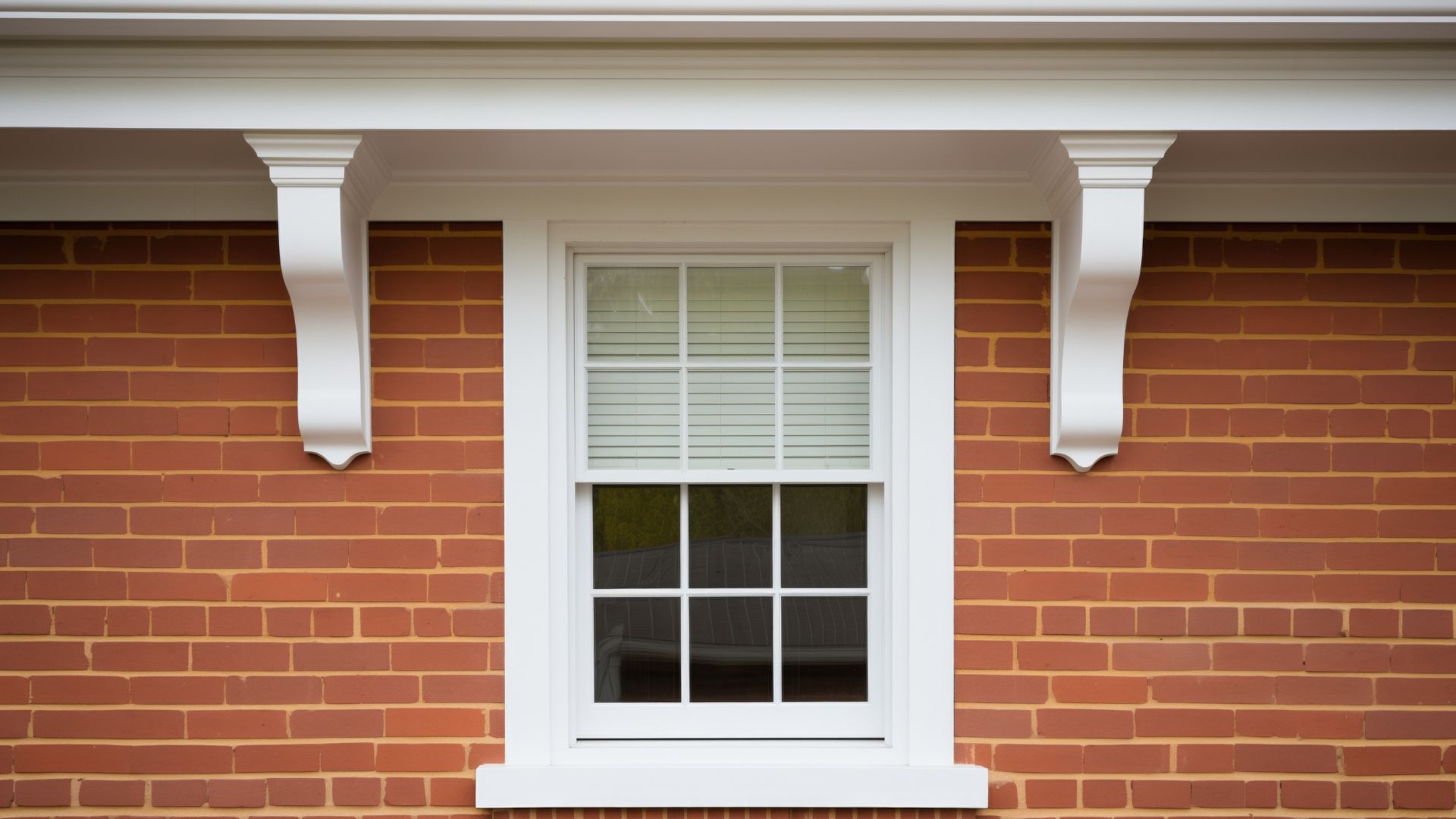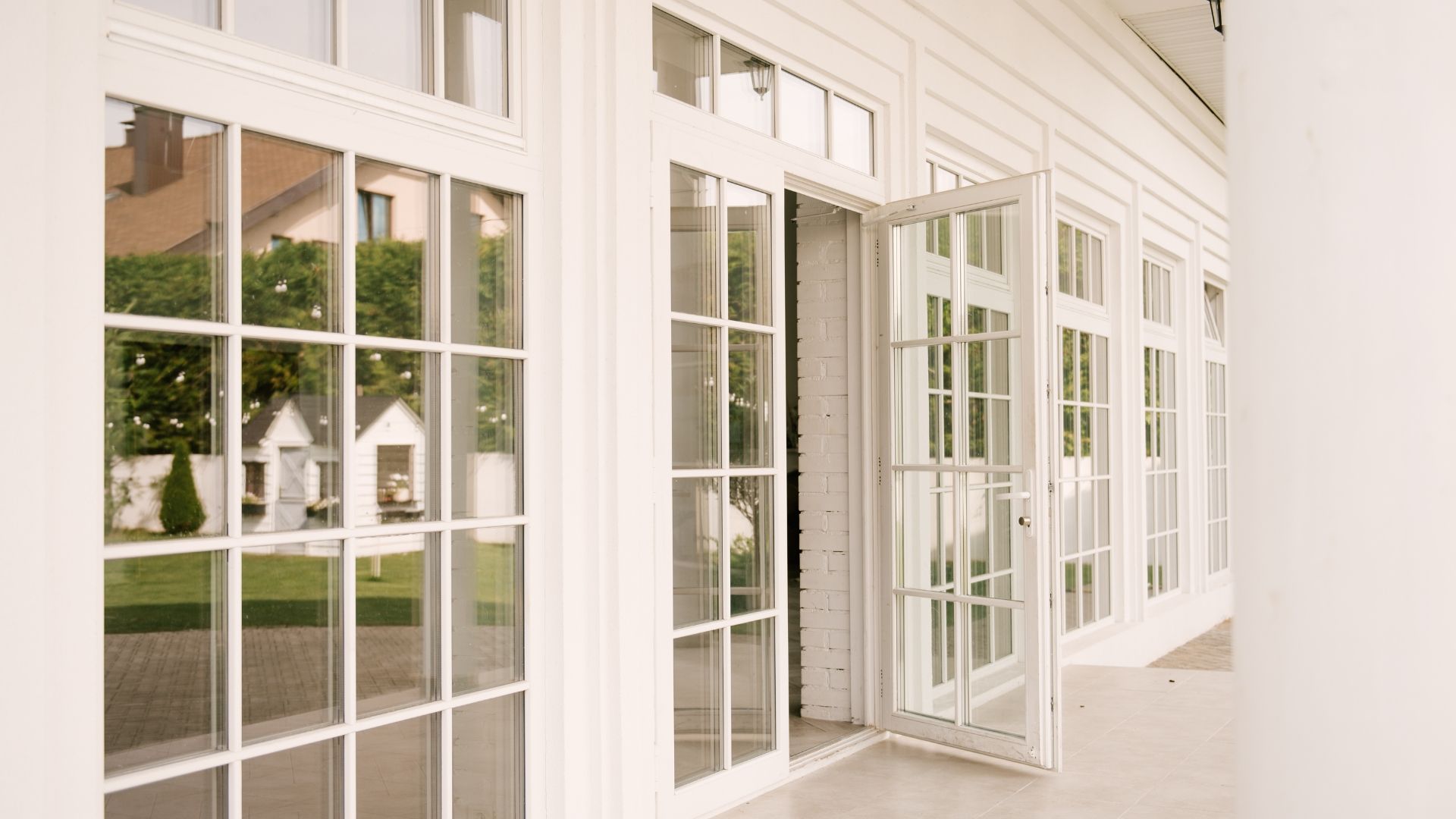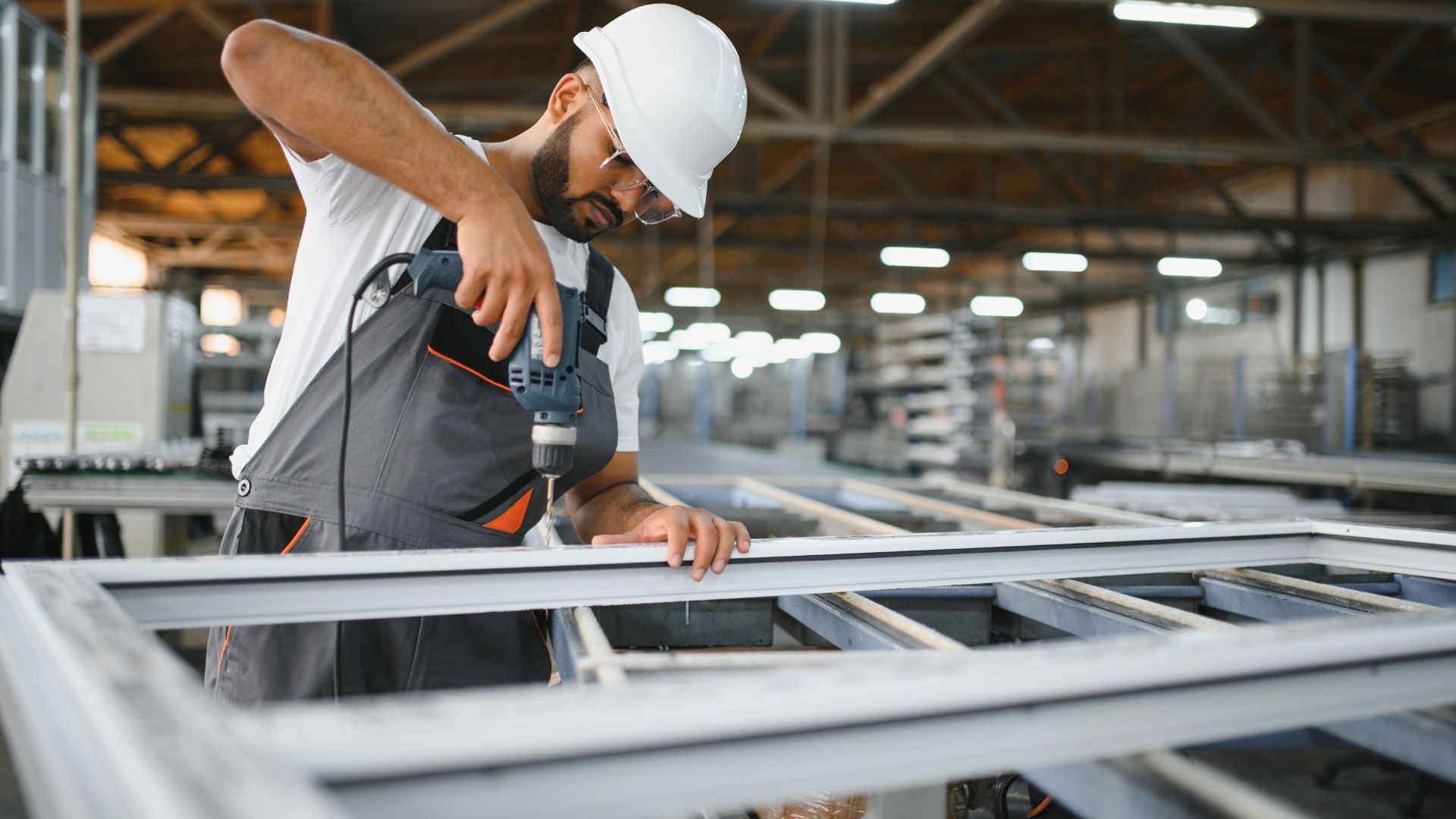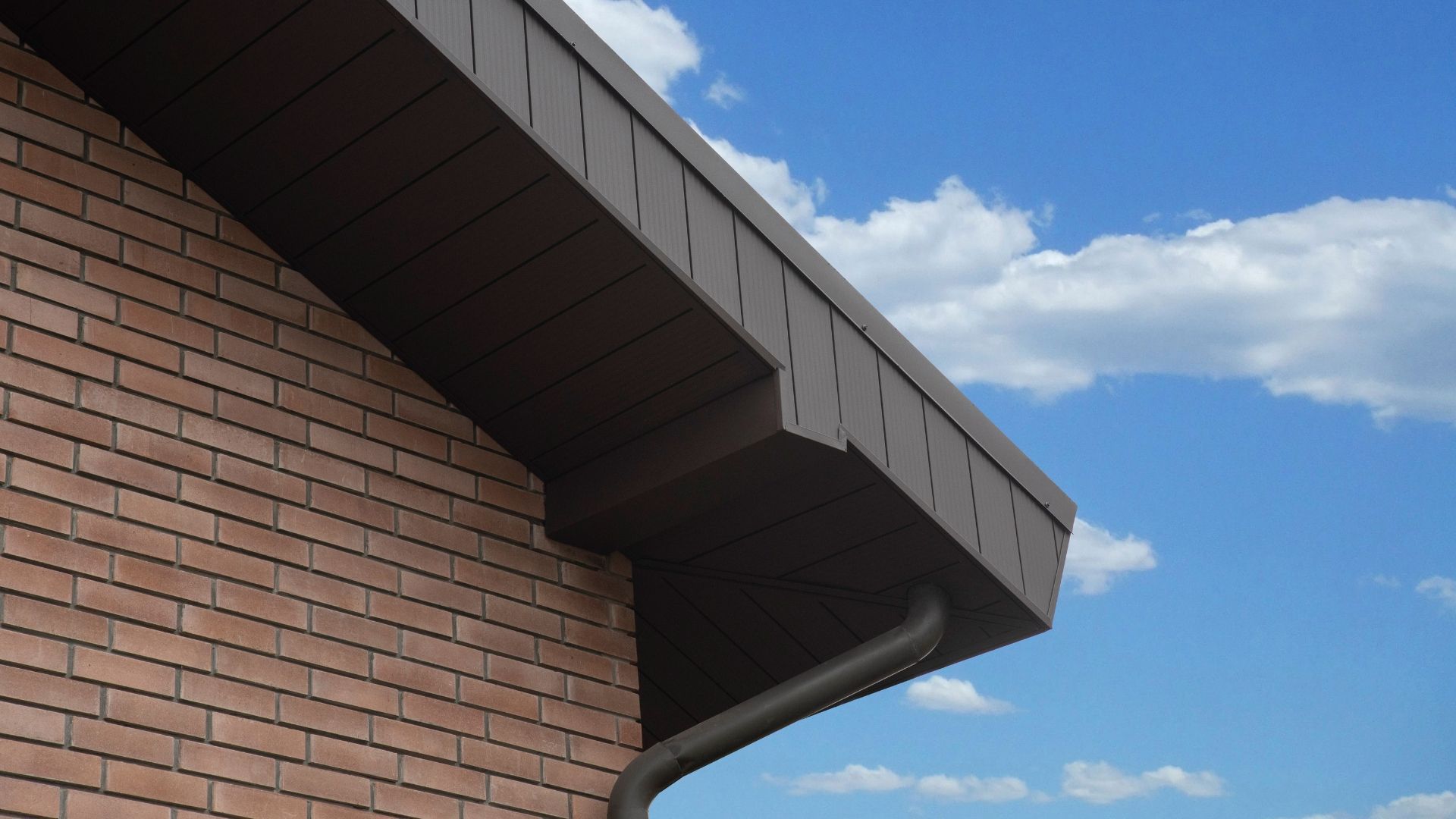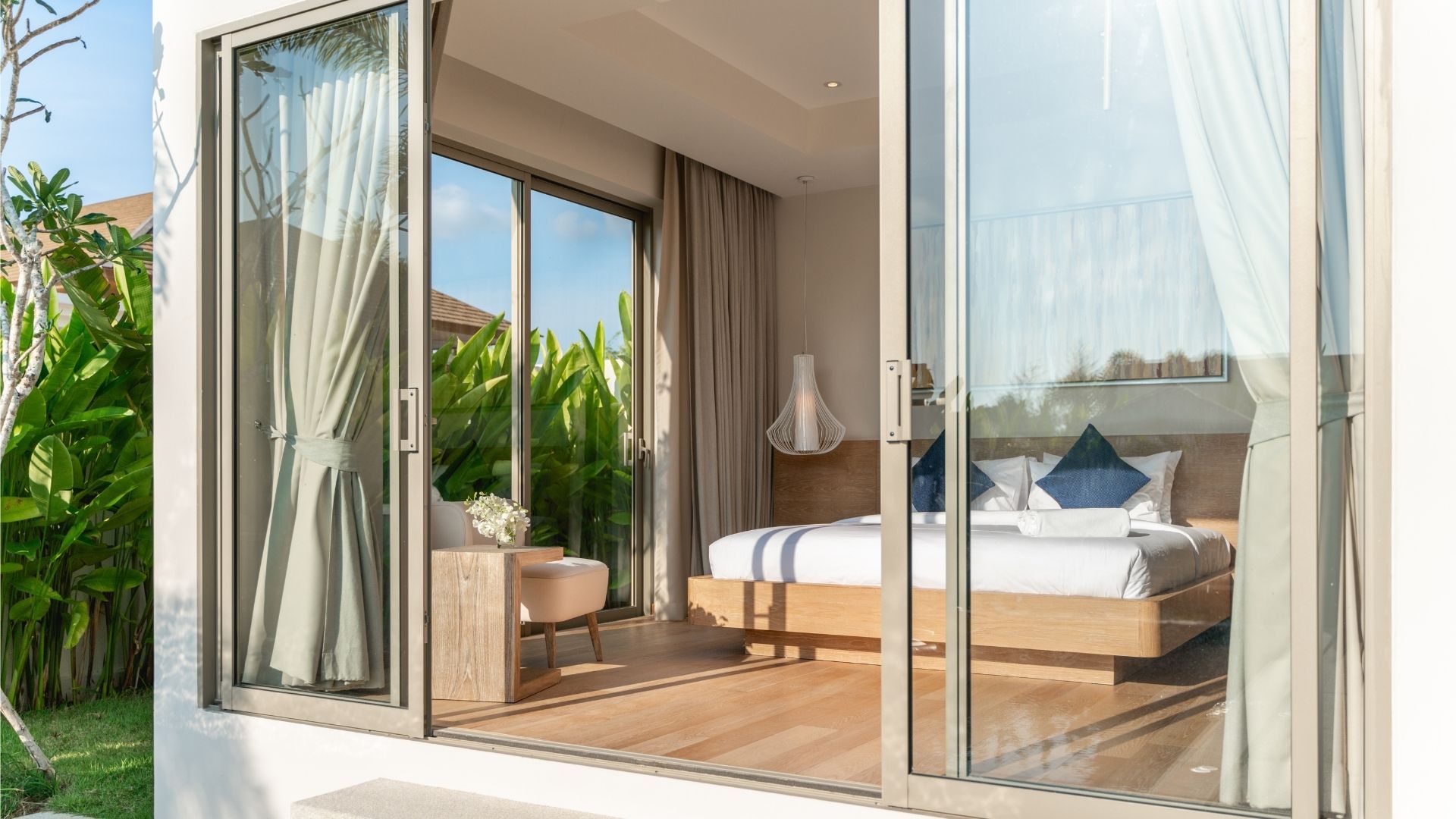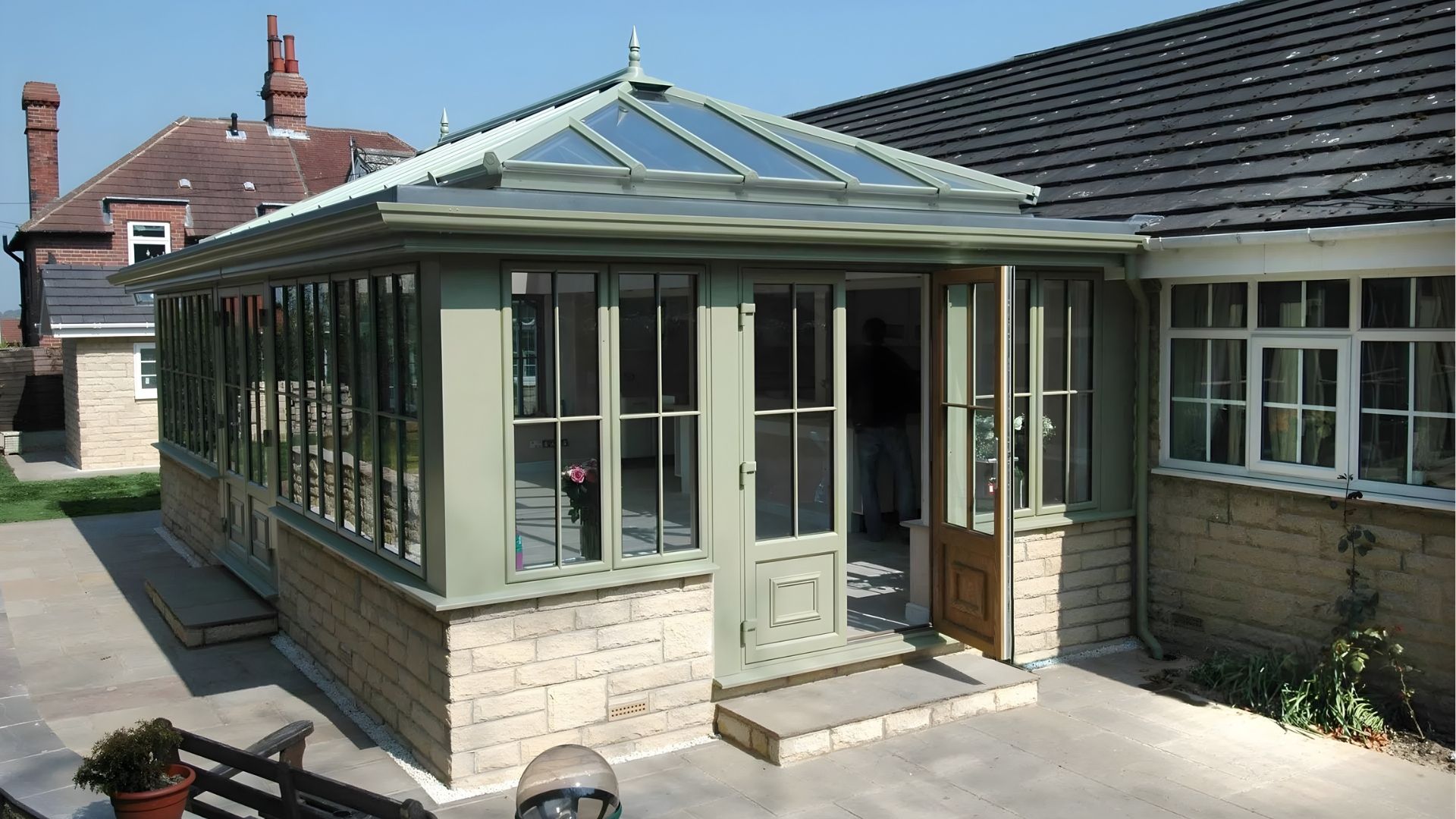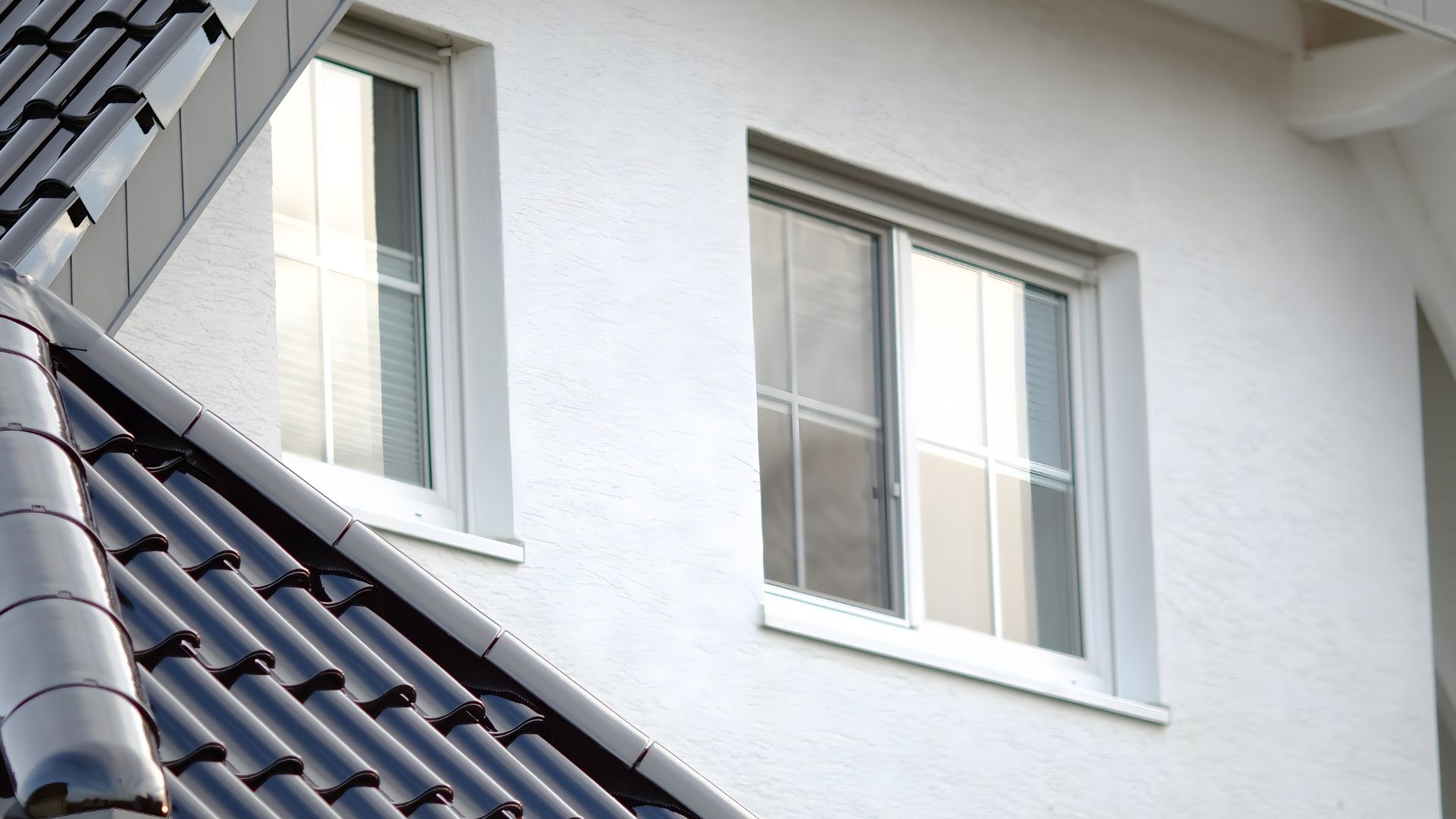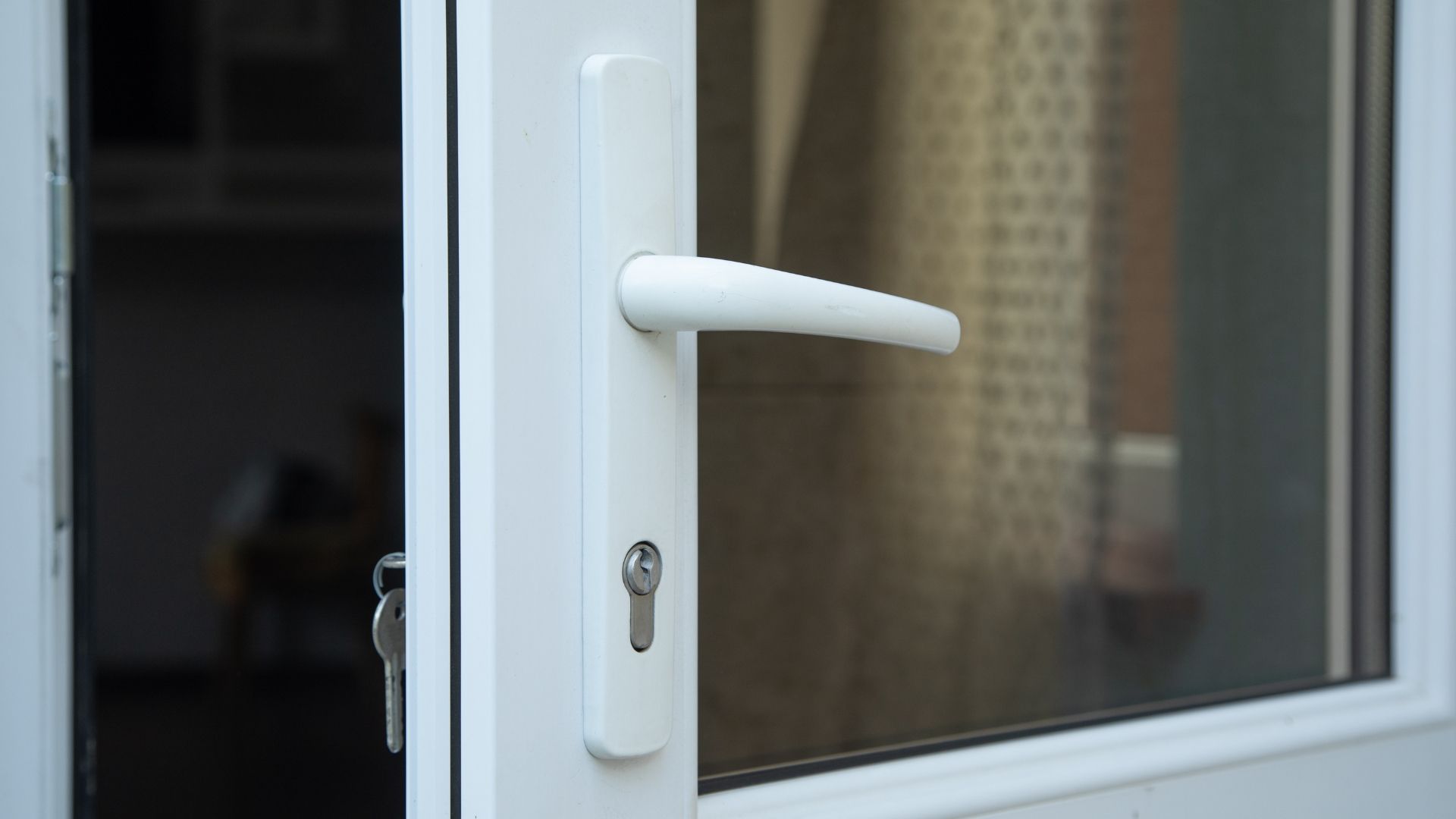Heating for conservatories: what are your options?
Looking for ways to heat your conservatory? Explore your options and weigh up the pros and cons.
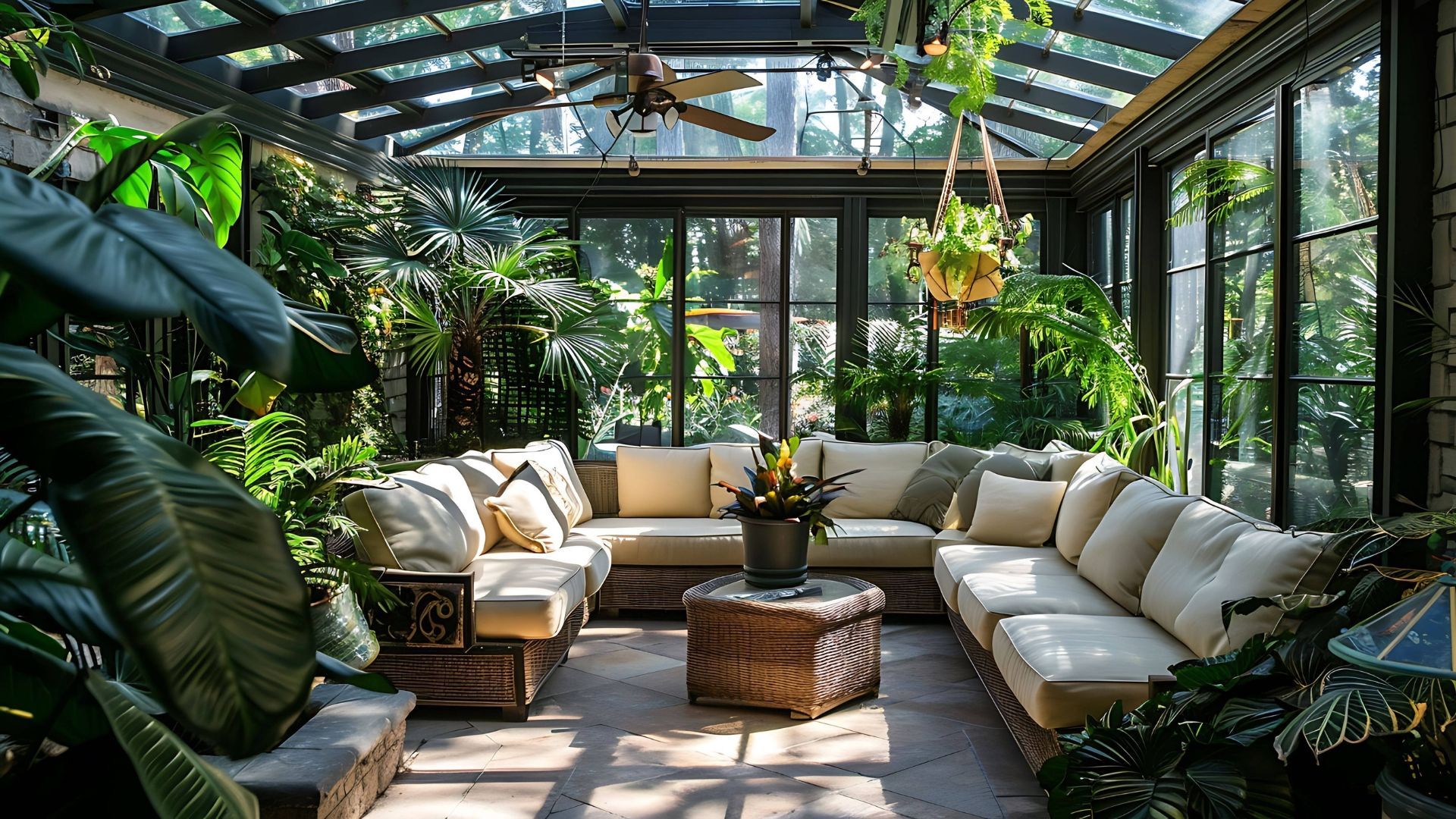
If there's one gripe that unites conservatory owners across the world, it's heating. In an old, uninsulated conservatory, it can become a real pain in the glasshouse.
In winter, you need to blast a fan heater to make it even slightly hospitable. And in summer, it's like walking into the heart of the sun in a scarf and gloves.
We hear you. But the fact is that it doesn't have to be like this. Heated well, a conservatory can be a great place to park yourself all year round – not just when it's warm but not
too warm.
There are other factors at play to make your conservatory more heat-retentive and energy-efficient. But your choice of heating system undeniably plays a big part.
As with so many things in life, the problem is the sheer level of choice on offer. There are many different ways you can heat a conservatory, each with its own advantages and disadvantages. So, how do you know you're making the right choice?
Well, we're here to help. Join us as we break down the different kinds of conservatory heating and help you decide which is right for you.
Heat pump systems
Heat pumps are having a bit of a moment. It's all thanks to the emphasis placed on governments, housebuilders and homeowners to reduce their greenhouse gas emissions and look for alternatives to fossil fuels.
Heat pumps work by transferring heat from outside to inside. In the plus column, heat pumps are energy-efficient, environmentally friendly, discreet and easy to maintain. They're also quiet – a blessing on those cosy and relaxed evenings in the conservatory.
In the minus column, they're expensive to install. Yes, you can save in the long run, but there's no getting around the fact that the initial outlay is more expensive than other options.
Electric radiators
Are you looking for a heating option that's quick and easy to install? Then a simple electric radiator could be just the thing for you.
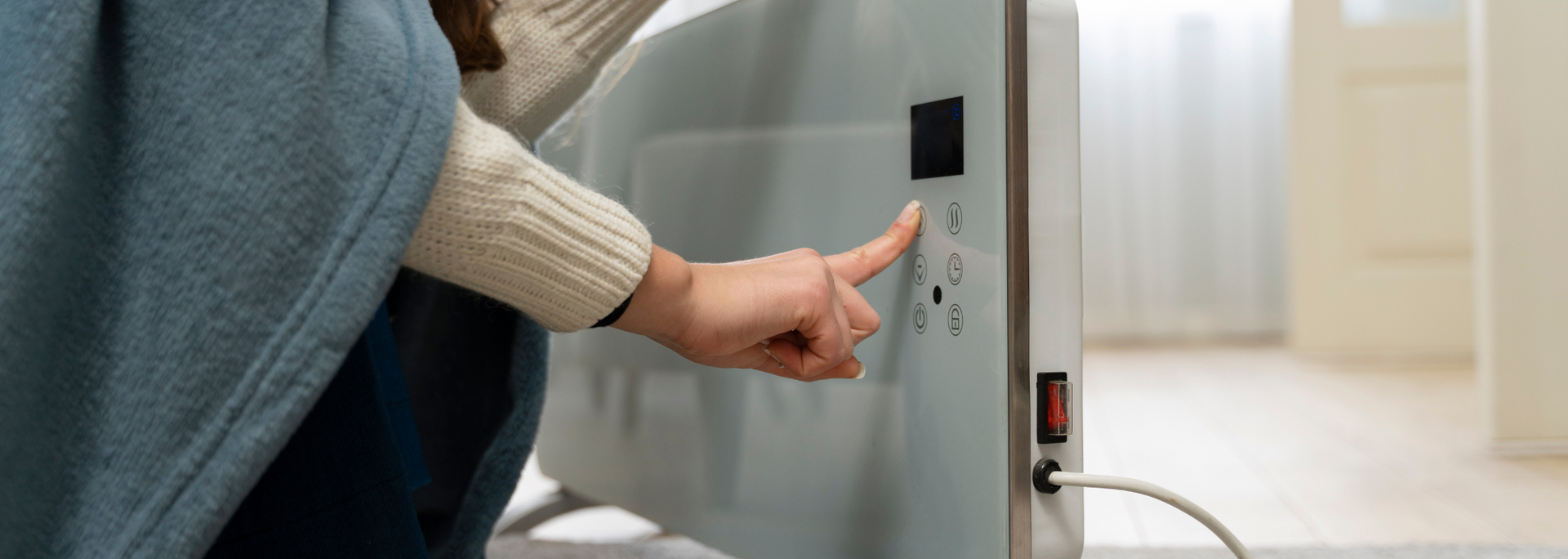
The big advantage of an electric radiator is that you can just plug in and play. You don't have to spend time and money extending or re-laying your home's pipes.
They come in a wide range of shapes, sizes and styles. What all these specimens have in common, however, is compactness.
Electric radiators don't take up room. This can do wonders for the comfort and spaciousness of your conservatory.
What's more, they warm up and cool down at quite a clip. This means you're highly unlikely to overspend on your heating.
Infrared heaters
Do you want to feel like you're sitting in the sun without worrying about those nasty UV rays? Infrared heaters are the way to go.
These work by emitting radiation waves that heat objects – including humans! They warm up quickly and work efficiently, heating objects rather than the room as a whole.
Trench heating
Trench heating is a kind of underground heating system. It involves placing a radiator in an underground trench. Hot air rises through a grill and warms the conservatory.
In the plus column, trench heating is a highly efficient use of space. In the negative column, it takes time to warm up and can be expensive to install.
Underfloor heating
Like trench heating, underfloor heating is discreet and effective but slow to warm up and cool down. It also needs to be switched on before you use the conservatory.
In some cases, underfloor heating has to be laid when the conservatory is built. If not, you'll have to put up with some disruption while the installers get to work.
Finally, underfloor heating can't be laid under all types of floors. Solid wood and carpets are a no-go.
It's not all negative, though. If you can face these challenges, underfloor heating will effectively heat your conservatory all year round.
Extending your central heating
If you're in the mood for a home improvement project, you could consider extending your central heating. This involves lengthening the pipework and installing a radiator or two in your conservatory.
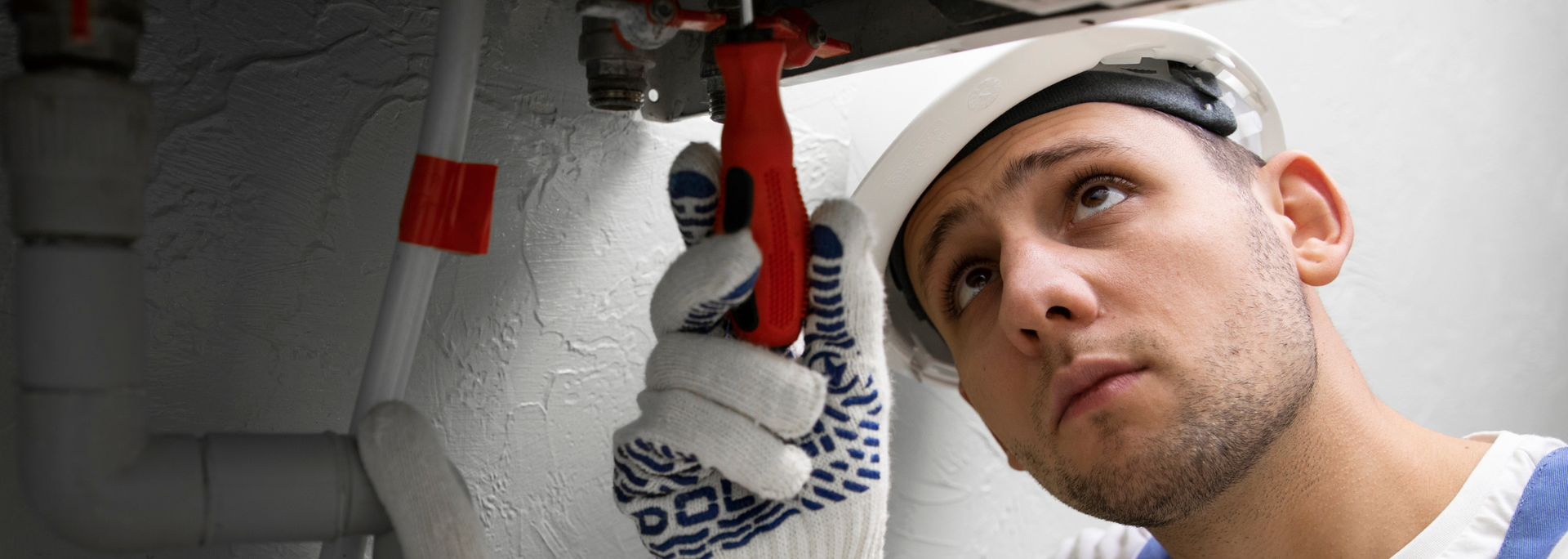
This can be a highly effective solution to your heating woes – not least because modern radiators can heat any space quickly and efficiently. Best of all, they can maintain that heat for hours.
Before you take the plunge, you should check building regulations. You should also be sure that your boiler and pump can handle the extension. Skip this step and you may have a broken boiler on your hands.
Log burners
Log burners can be a stylish, cost-effective and energy-efficient way of heating your conservatory – and in most cases, they don't require planning permission.
They do, however, require a lot of planning. You need to decide on the size and model of stove, its position in the conservatory and the size and position of the chimney.
You'll also need to give some thought to the kind of fuel you're going to use. This is especially important if you want to minimise your carbon emissions.
Air conditioning
Did you know that air conditioning can keep you warm in winter as well as cool in summer? The heat pump in the unit can draw in warm air from the outside. Naturally, this works best in areas with plenty of warm outside air.
High-quality conservatory roofing
Your choice of heating system isn't wholly responsible for the thermal efficiency of a conservatory. This also falls to the conservatory itself. The better the build, the less heat it loses.
If you have an old conservatory that's hard to heat effectively, you might want to consider installing insulated conservatory roofing.
Our roofing systems are built for thermal efficiency. This is partly down to the modern materials and partly to the quality of the insulation.
Replacing your conservatory roof is a big deal. But once you've made the decision, you won't look back. Just ask our customers!
Want a brand-new, high-quality insulated roof for your conservatory? If you're in Yorkshire, you won't find a more trusted installer than Calder Windows. Call today on 01924 897 040 or get in touch online for a quick quote.
Get a FREE quote
Are you on the lookout for uPVC window fitters in Wakefield or West Yorkshire? With over 30 years' experience and an extensive range of uPVC windows, we can help. Request a quote today or apply for finance and spread the cost.

